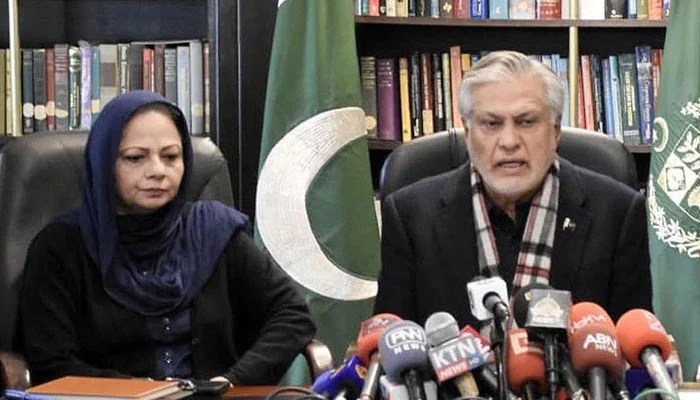Business
Mini-budget likely to be passed in National Assembly today
-

 Latest News8 hours ago
Latest News8 hours agoPakistani Internet: Everything you should know about “Africa-2” contemporary cables
-

 Latest News8 hours ago
Latest News8 hours agoThe PPP and PML-N will confer on power-sharing arrangements in Punjab today.
-

 Entertainment8 hours ago
Entertainment8 hours agoHania Aamir reveals details about her troubled childhood.
-

 Business8 hours ago
Business8 hours agoWith its second-largest surge ever, PSX approaches 114,000 points.
-

 Latest News8 hours ago
Latest News8 hours agoWapda announces a revised timeline for the K-4 water project in Karachi.
-

 Latest News3 hours ago
Latest News3 hours agoA Seminar on Deciphering the Influence of the Media Is Being Organized by IICR
-

 Latest News3 hours ago
Latest News3 hours agoClimate-related challenges are growing in Pakistan, and the prime minister’s climate aide is advocating for gender-inclusive climate resilience.
-

 Latest News3 hours ago
Latest News3 hours agoAs of today, the F-8 Underpass is now open to traffic. Naqvi
























